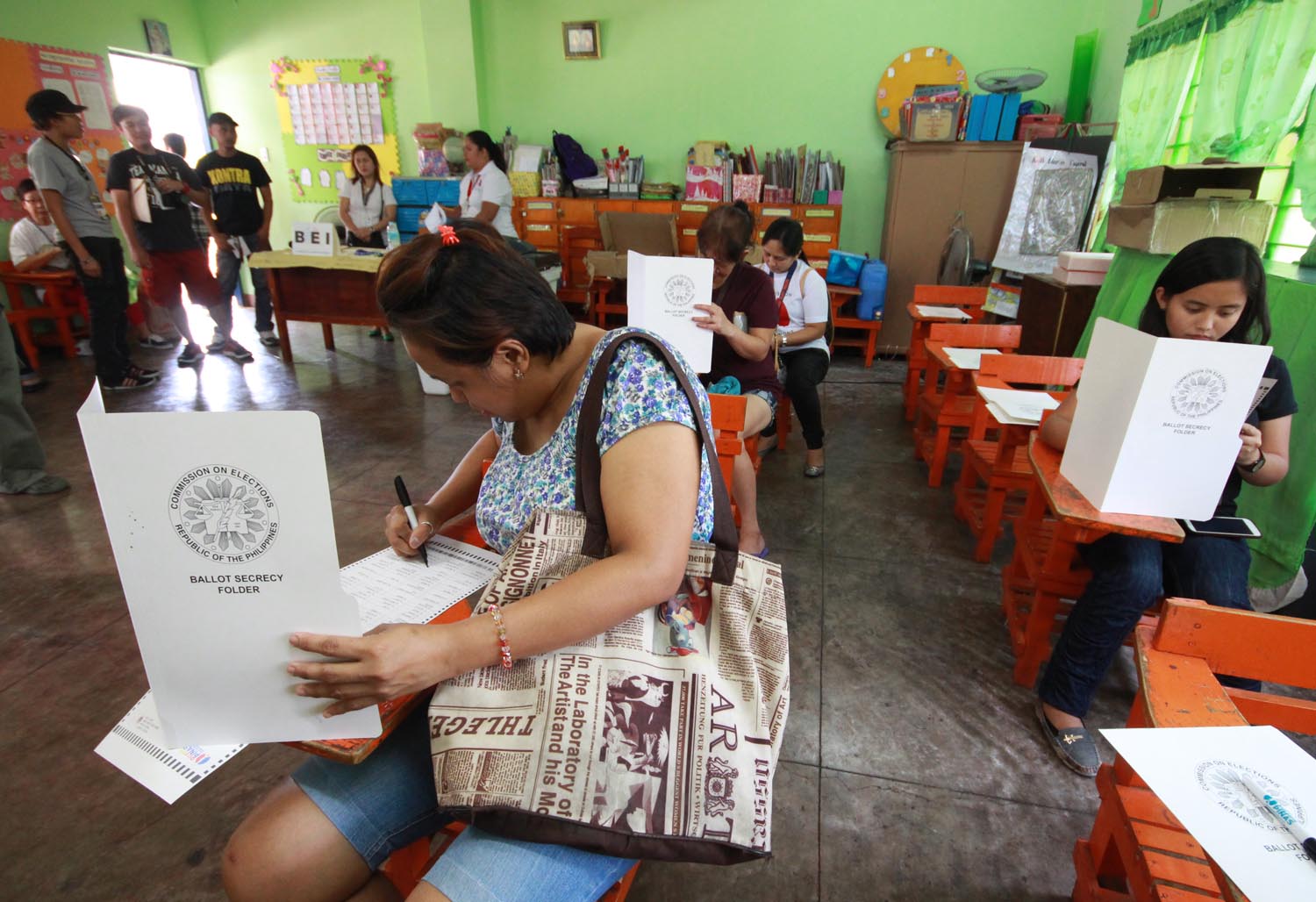Delayed, lost or destroyed election returns
An incomplete canvass of votes is illegal and cannot be the basis of a
subsequent proclamation. A canvass is not reflective of the true vote of the
electorate unless the board of canvassers considers all returns and omits none.
However, this is true only where the election returns missing or not counted
will affect the results of the election.[1] Section 233 of the Omnibus Election Code authorizes the board of canvassers to
proclaim winning candidates in cases of delayed or lost election returns
if the missing returns will not affect the results of the election. Said
provision reads:
Section 233 of the Omnibus Election Code authorizes the board of canvassers to
proclaim winning candidates in cases of delayed or lost election returns
if the missing returns will not affect the results of the election. Said
provision reads:
 Section 233 of the Omnibus Election Code authorizes the board of canvassers to
proclaim winning candidates in cases of delayed or lost election returns
if the missing returns will not affect the results of the election. Said
provision reads:
Section 233 of the Omnibus Election Code authorizes the board of canvassers to
proclaim winning candidates in cases of delayed or lost election returns
if the missing returns will not affect the results of the election. Said
provision reads:
SEC. 233. When the election returns are delayed, lost or destroyed. - x x x The board of canvassers, notwithstanding the fact that not all the election returns have been received by it, may terminate the canvass and proclaim the candidates elected on the basis of the available election returns if the missing election returns will not affect the results of the election.
[1] Caruncho III v. Commission on Elections, 374 Phil. 308, 324 (1999), citing Samad v. Commission on Elections, G.R. Nos. 107854 & 108642, July 16, 1993, 224 SCRA 631, 642-643; Tiglao v. Commission on Elections, No. L-31566, February 18, 1970, 31 SCRA 719, 729; Mutuc v. Commission on Elections, 130 Phil. 663, 669 (1968); Demafiles v. Commission on Elections, 129 Phil. 792, 799 (1967); Duremdes v. Commission on Elections, 258-A Phil. 532, 546 (1989) further citing Sinsuat v. Pendatun, 144 Phil. 729 (1970).



